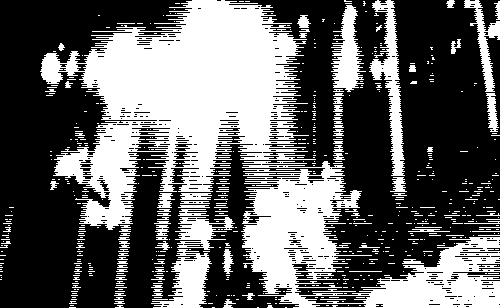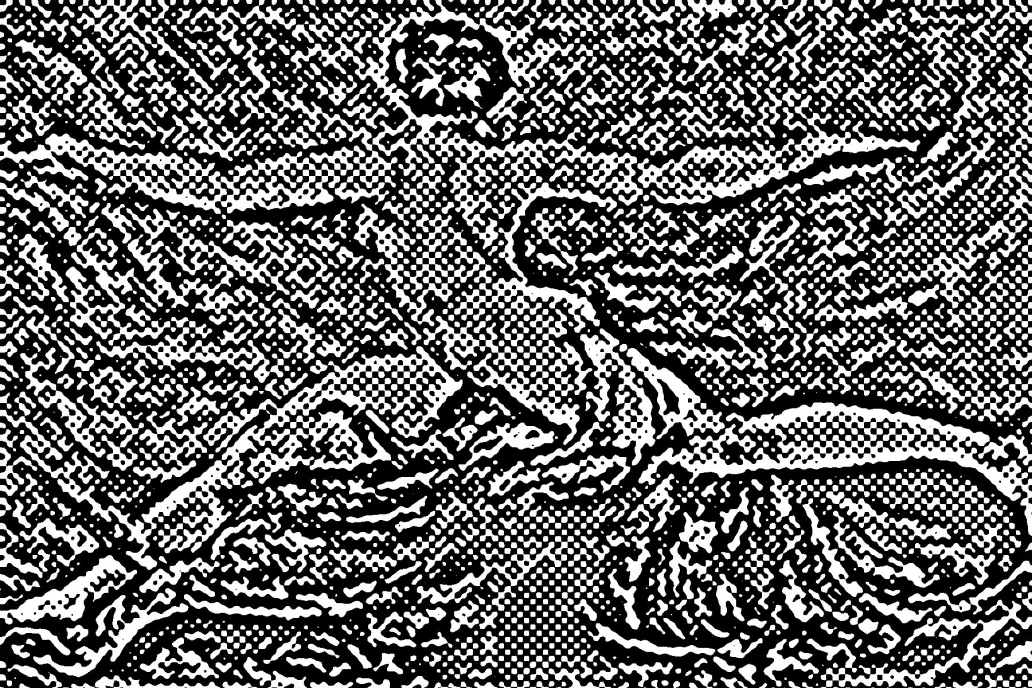
When I am formulated, sprawling on a pin,
When I am pinned and wriggling on the wall,
Then how should I begin...
—TS Eliot
Historically, man has grappled with perennial questions: Who am I? What is my purpose? What is real? But somewhere along the way, we realized that questions are more mysterious—and more powerful—than they appear at first glance.
Questions are a way to obtain information, but they can also be acts of aggression—a way to pin certain labels and associations on otherwise free people.
Free people are hard to govern. Questions are particularly useful for fixing free people into a standardized grid, a technique of control that works within the norms of liberal modernity. One is free to answer however one pleases! Only later does one realize that one's answers have been registered in an obscure social-technical apparatus, which is suddenly closed in like a prison yard. Like Eliot's Prufrock: Formulated, one finds oneself pinned and wriggling on the wall.
As government rationalized and bureaucratized in the 18th century, the state sought to make societies more legible and controllable. In Seeing Like a State, James C. Scott famously shows how the state begins to impose standardization schemes on living systems—from language to forestry—often to disastrous effect.

For a government, an unsurveyed population is like an unchartered forest: Useless insofar as it's impervious to rational analysis and productive exploitation, but also dangerous insofar as it's the ideal terrain for guerrillas, defectors, runaways, and any number of other threats to state supremacy.
Few figures in the twentieth century saw the problem better than Ernst Jünger. Having watched the Nazi Party rise through the mechanisms of bourgeois democracy, he observed how simple civic questions—like the question of who to vote for—had become intolerably loaded. He writes in The Forest Passage:
"We discuss questions a great deal, as our fathers and grandfathers before us did. But what is termed a question in this sense has naturally changed considerably since their days. Are we sufficiently aware of this yet?... Today we are unremittingly approached by questioning powers, and these powers are not motivated solely by the ideal of increasing knowledge. In coming to us with their questions, they are not expecting us to contribute to objective truth, nor even to solve specific problems. They are interested not in our solutions but in our answers. This is an important difference. It turns the questioning into something closer to an interrogation. This can be followed in the evolution from the electoral ballot to the questionnaire."
Everywhere we look, we are expected to answer questions; from childhood to adulthood, we are pressed by administrators and corporations to state who and what we are, often in forced terms that contradict what we believe we are. We no longer have a right to remain silent, and our answers will be used against us. Answers given ten years ago have been invoked to incriminate individuals today. Answers are sold to third parties without our knowledge. Answers are handed to government agencies. Great rewards and great punishments are doled out based on answers to an increasing list of arbitrary and inane questions.
It's not surprising that Jünger found his solution in the forest. For the same reason that a wild forest is useless and dangerous for a government, it's a symbol of escape for free men. Increasingly pinned by an alien and hostile grid, constructed by interrogation, it is the task of every free man to find his own forest passage.
Subscribe to receive future posts by email.
